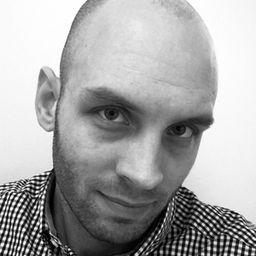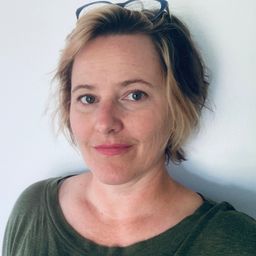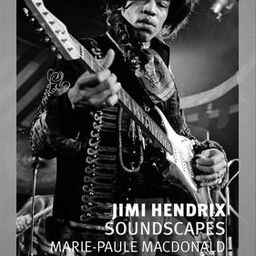Globalizing Architectural Scholarship in Canada II
My Session Status
In recognition of the fact that Canadian practitioners, scholars, and students of architecture think, work, and act globally, this session invites submissions that are geographically unconstrained. The session welcomes case studies or analyses that illuminate how the transnational flow of ideas, people, and capital has changed the global built environment, including the multi-directional nature of exchanges between the so- called developing and developed worlds. How do local social and cultural contexts figure in the internationalization of urban and architectural practices? How has the mobility of models and media across space and time shaped the design of buildings and cities; and, in turn, how does the built environment encourage or impede these flows? Papers may be historical or contemporary in scope. However, as space is this session is limited, papers must offer original arguments, highlight specific methods, or draw attention to under- represented buildings, landscapes, and cities from around the world. Contributions from scholars working in fields other than architecture, such as urban studies, geography, environmental history, or science and technology studies, are especially welcome, as are contributions from designers and artists working at the intersection of research and practice.
Elementy podrzędne
The study of cities purely as discrete objects—that begin and end in a bounded condition—is becoming increasingly obsolete. As Clare Lyster describes in her book, Learning from Logistics: How Networks Change Our Cities (2016), questions of the urban must now contend with a vast landscape of connected systems of exchange. Cities—no longer contained to their historical, political or territorial boundaries— are becoming increasingly enmeshed in a planetary-scale theater of material flo...
The announcement on March 4th, 2022 of a fire at a Ukrainian nuclear power plant and subsequent take-over of the Zaporizhzhia plant by Russian troops is alarming from many perspectives, including the fear of a repeat of the Chernobyl disaster of the late 1990s. The risk of living in proximity to a nuclear power plant is passively assumed by local residents. This paper explores at the global architecture of nuclear power stations by building case studies around the break in energy supplies ...
Author and educator Lesley Lokko, founder of the African Futures Institute (AFI) in Accra, Ghana, has stated recently in a lecture, that ‘what you know is largely dependent on where you are’ adding that thus ‘one’s world view is shaped as is ‘one’s place within it’, and advocating that one may ‘live through imagination.’ During the pandemic many conferences and meetings have showcased the participation of African urbanists and architects, in part as a result of a new impetus, combined with...




